I grew up on a small corn and soybean farm in Crawford County, IL. I enjoyed growing up on the farm and helping in the summers. I appreciated the lessons it taught me about making do with what you have and the valuable lessons you can only learn from manual labor. While I decided to leave the family farm for college, I was able to stay connected to agriculture through my education, majoring in Agricultural Engineering at the University of... Read More →
ILSOYADVISOR POST
Sowing the Seeds in Water Management
December 23, 2020
Perhaps farmers have been facing their most challenging decade ever. Water management has been an important issue that is discussed globally. The critical nature of water conservation and drainage can have a lasting effect on the investment that farmers and landowners make. Given the competitive nature of the industry, many service providers are competing on low price. Recognizing the delicate balance between price and equity might be the key to maximizing the investment.
Traditional methods of conducting business may not be applicable in the world we live in today. Outdated techniques can lead to inefficiencies and intensifying volatility. Professionals who have in-depth knowledge of farming and modern digital technology can empower farmers with critical data. Accurate data that analyzes historical records and predicts essential information can change the way farmers operate. The lack of information affects all aspects of land and water management including quality control, engineering and installation.
Among the many responsibilities, working together within a watershed is a challenging task. For example, farmers and landowners within a watershed must collaborate with neighbors to identify the proper outlet, find mutually beneficial solutions, and satisfy the requirements of all stakeholders. These tasks are overwhelming and challenging to take up individually. With better facilitation, guidance and a holistic business sense, professional drainage water experts can shape the future for farmers.
The Best Investment that Is Often Not Talked About
The impact of neglecting professional drainage water management can be quite devastating. There are a host of challenges ready to confront farmers. Nutrient loss, compaction, shallow root systems, untimely field operations can all contribute to yield losses.
A proper water management system is holistic, and it starts with the appropriate drainage outlet. From the outlet, field characteristics are measured—such as topography. Then holistic engineered solutions should be developed from a surface and subsurface perspective. Managing the water table, along with surface runoff and mitigating erosion, is paramount for the most optimum drainage systems. Examples: dry dams, waterways, ditches, filter strips, drainage tile.
Water control structures can also be implemented for controlled drainage during the growing season when rainfall is scarce, or the structures can be incorporated with pumps for subirrigation. However, these types of tasks should be consulted about with drainage professionals and experts in order to maximize and protect the investment in farmland. Professional engineering teams specializing in drainage can be your best bet for these types of monumental tasks.
To make things easier, farmers should know that there are no governmental regulations regarding water discharge from the soil. However, farmers should seek knowledge about nutrient loss reduction strategies. Additionally, erosion control opportunities could be maximized for long-term sustainability and soil health.
Driving sustainability should always be the end goal. To help with that farmers and landowners should hire credentialed third-party professionals, who can truly maximize production and protect the land improvement investment. Most importantly, the needs and rights of farmers will be represented to provide the most equitable and effective solutions for long-term success.
Here are the considerations a farmer should make for their water management:
Farmers should focus on the elements listed below that are carefully reasoned.
- Long-term sustainability and resilience for all those involved – Neighbors’ water and future drainage plans can affect your farm as well. When sharing mutual solutions, cost-share opportunities are available to all participants.
- Identifying the most appropriate drainage system for the farm – The considerations include knowledge of appropriate outlet, tile depths, lateral spacings, size of dry dams, main sizing and watershed impact.
- The flexibility of the drainage system – Consideration for future add-ons and improvements is vital. Projects can also be done in stages; therefore, these considerations should be looked upon.
For farmers and landowners, proper drainage and water management is a once in a lifetime investment, therefore should be scrutinized for perfection. It would be wise to start looking at drainage systems holistically. Hiring professional drainage experts is the best investment they can make as it delivers a payback for themselves and generations to come.
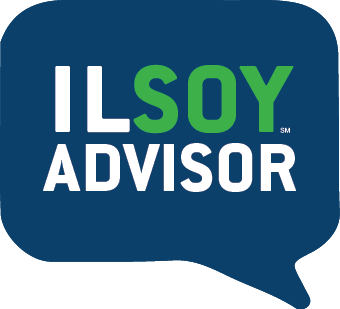
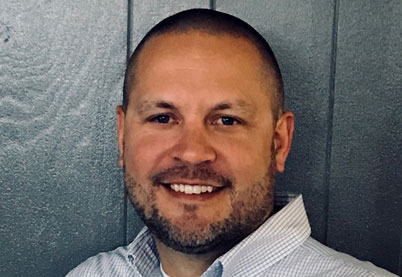
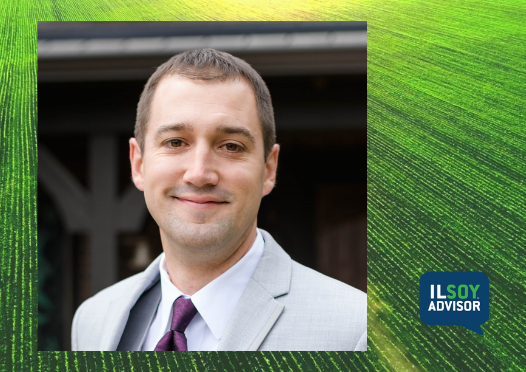
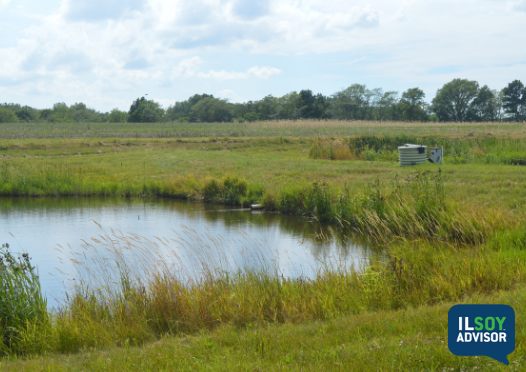
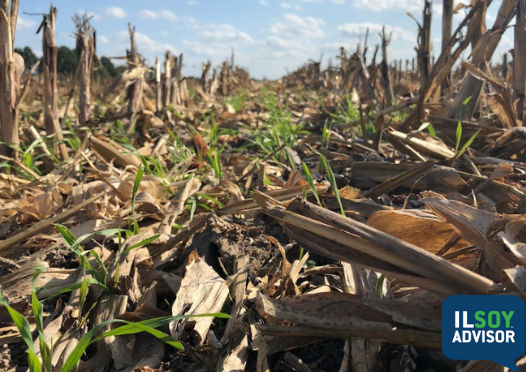
Comments
Add new comment